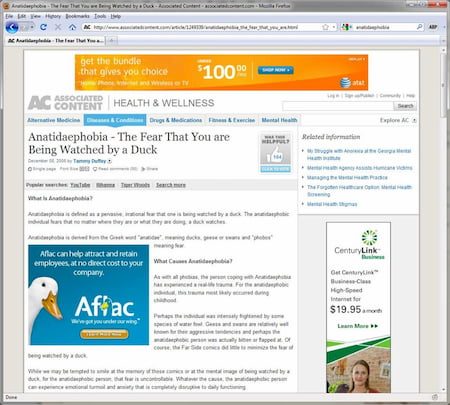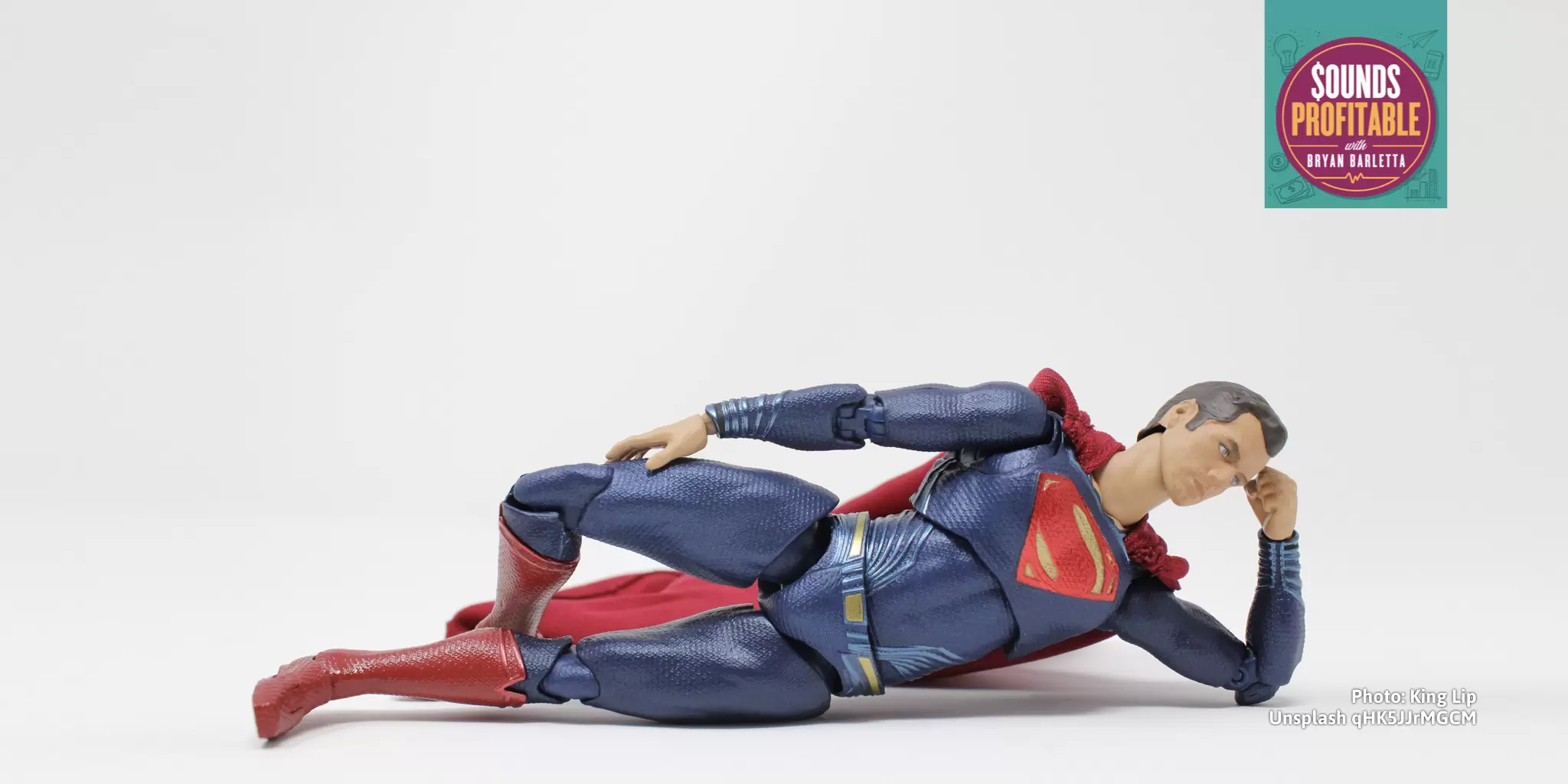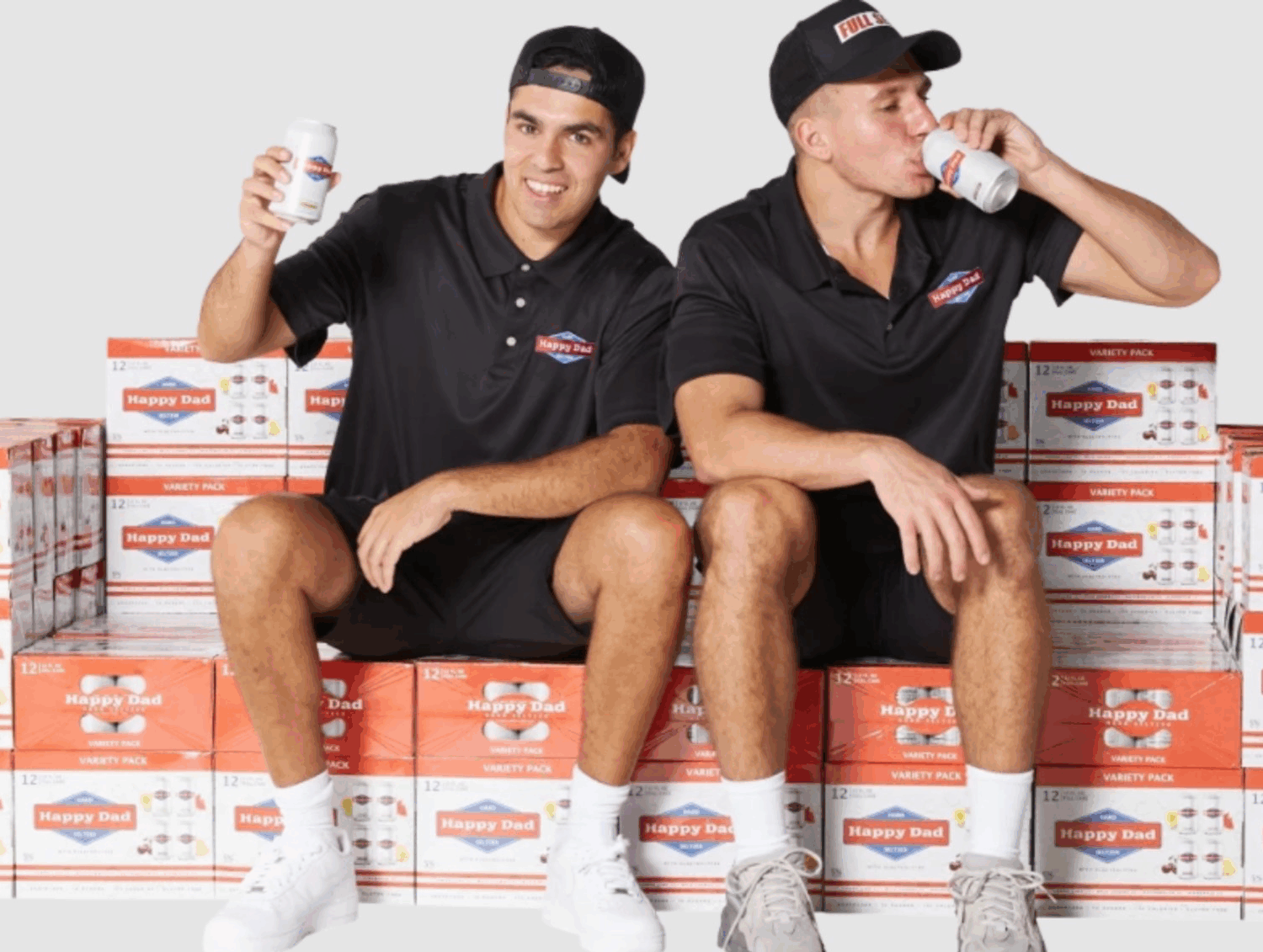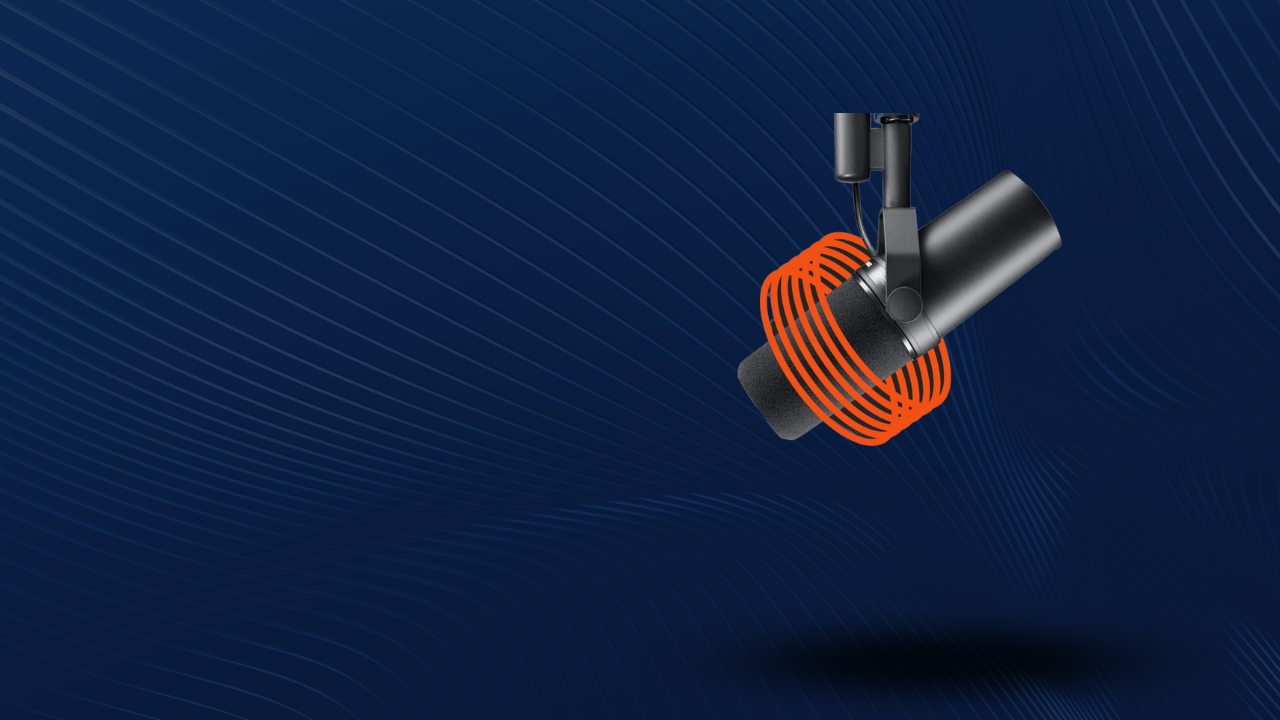The Power of Content
We spend so much time in podcast adtech trying to figure out who the listener is that we often ignore the greatest chunk of data in all of podcasting.
The episode.
The episode contains every single word spoken from the host(s) of a show. Yet, instead of converting the audio into text and really digging into what the content of the show is all about, we’re bending over backwards trying to figure out which specific person in a household forgot to buy ketchup when we only know the household IP address.
Transcribing a podcast to text and breaking it down for context are killer features for ad targeting. They’re also the basis for brand safety and sensitivity in podcasting. If you’re not familiar with the terms, brand safety and brand sensitivity is giving advertisers the ability to determine what content is detrimental to be associated with (safety) and which they’d rather avoid (sensitivity).

Not all brand safety is cut and dry.
Brand safety is a big deal in the greater digital advertising ecosystem, a space that still views podcasting hesitantly. So every offering that we can mirror in podcasting is another home run. It’s one less excuse for digital advertisers to avoid giving podcasting a shot.
So let’s check this off our collective lists of supported features.
Transcription & Contextualization
To accomplish brand safety in podcasting, you’ve got three steps to undertake.
The first is to transcribe the podcast. Text is the great equalizer in brand safety, as the tech was built around providing these services on websites. There are numerous services out there that can take video, images, or audio and transcribe them with a mid-90% accuracy. Podcast publishers looking for this output to use as part of their episode details or their episode’s web page can absolutely go at it alone, but don’t expect the hosting platform to trust your external transcript for their brand safety product.
With transcription in hand, the second step is contextualization. Companies like Comscore and Veritone One offer services where they provide a contextual breakdown of content, but a hosting provider should absolutely take a crack at it themselves with natural language processing (NLP) services offered by Google and others.
Contextualization can range from classifying a podcast by the literally hundreds of IAB categories (not just the few dozen Apple Podcast categories) on a per show and even per episode basis. It can infer the difference between using the word “strike” in a labor dispute or in a baseball game. It can even tell if a topic is being talked about in a positive or negative light.
The third step is about putting it all together.
Now, the hosting platform needs to take in the contextualized episode data and let buyers use it for targeting. Positive targeting would allow, for instance, advanced targeting, like running ads on shows that mention baseball-specific terms at least four times per episode. Negative targeting would allow advertisers to never hear their ads on, again by way of example, any episode where the host says “COVID” even once. That’s a lot of extra bells and whistles for customers to play around with, but the logic behind it isn’t trivial and hosting platforms will really need to think about how they set thresholds or what level of targeting they’ll allow.
Three generally clear steps, comfortably within the reach of our industry. So who is leading the charge?
AdsWizz Beat You to It
Remember back in 2014 when Tesla gave away all their patents?
While I’m no Elon fanboi (I’m sure he’s losing sleep over it), that action has always stuck with me – the idea of peeling back the curtain to share a critical part of your business to advance an entire industry.
I think podcast adtech can learn a lot from that mindset, especially as we collectively fend off behemoths like Spotify who are very likely transcribing and contextualizing podcast content today.
I’m not suggesting that everyone go open source and share everything, but I am asking all podcast adtech partners to be honest about the fact that your competitors have seen your platform, your sales decks, and your pricing (just like you’ve seen theirs), and yet they haven’t taken all your clients. What I am suggesting is that sometimes, it’s more powerful to rally around something that will benefit the industry, making it easier for the publishers using the platforms and the advertisers buying on them then it is to argue about unique features.
With that said, let’s turn the spotlight on AdsWizz.
About a year ago, AdsWizz publicly launched their PodScribe product.
Reading through the press release, and subsequent coverage, I personally was convinced that the entirety of their brand safety product was a partnership with Comscore. Turns out, that’s not the case.
After talking with Erik Barraud, SVP of Product Management at AdsWizz, it became far more clear that PodScribe on its own offers transcription, contextualization, and brand safety. Comscore is the first plugin they’ve integrated. That means that 90% of the work is done if MOAT, IAS, DoubleVerify, or any other brand safety partner wants to connect into the AdsWizz platform.
Advertisers and agencies tend to have their preferred adtech vendors. When those vendors don’t specialize in podcast advertising, sometimes that’s enough to turn them away. With brand safety being a huge industry of its own, AdsWizz shifted the responsibility on to those partners, making it clear they can work in this space, and opening their doors for collaboration.
Every podcast hosting platform with ad serving capabilities should be copying this move completely and without shame.
And if your hosting platform doesn’t seem in a rush to provide you brand safety features but supports VAST tags, AdsWizz is a-ok with providing this service for shows that list their content in the PodWave marketplace and sell it programmatic guaranteed.
Sounds Profitable Update
As I sit here amazed as the subscriber count for Sounds Profitable climbs past 1,000, I realize I haven’t really vocalized my goals.
I want to share the knowledge I’ve gained in my career in podcast adtech with everyone who wants to learn, for free.
So few companies are actively hiring for industry research roles while more and more bosses are expecting their employees to keep up to date with an entire industry. I watched first hand as one of the smartest product managers I know had his innovations/market research role completely refocused onto a growing backlog of feature requests. And those backlogs are getting bigger.
There are too many webinars that could have been a single page pdf. Too many pitch meetings that could have been an email. Too many confusing press releases that don’t explain what the product does or why you should care about it.
My goal is to solve that problem, but I need your help.
First, please share the newsletter, especially to those who live this day in and day out like account managers, sales, and ad-ops people who are struggling to keep informed.
Second, if you’ve got a podcast adtech product that everyone should know about, let’s dig in deep to it and share how it works. Put the marketing and sales speak on pause and let me help you talk to over one thousand people who will be the hands on users of your product, who will never be invited to your pitch meeting by their boss. Let’s show them how your product can solve their problems.
And third, if you or your company finds value in the content that I’m putting out, sharing it internally or with clients, please consider sponsoring or advertising with us. Every article on the site, every newsletter we send out, and soon every podcast episode we release includes our sponsors and advertisers. I know, it’s a hard sell on a limited marketing budget, but that’s why sales or product should pick up the tab with it being a research expense.
Thank you in advance.
Homework
The goal of Sounds Profitable is to educate and empower each of you. If we’ve had a chance to talk directly, you know that I am truly passionate about both adtech and podcasting. We learn through asking tough questions and discussing the answers. Armed with today’s new knowledge, I want to help you ask more questions. Please consider supporting Sounds Profitable through our Patreon.
- Does your hosting provider offer transcription?
- If not, are you handling transcription internally?
- Does it have an added cost?
- Do they add it to your show notes?
- Are advertisers asking you for brand safety features?
- Does your hosting provider contextualize your transcripts?
- Do they offer negative targeting of any kind?
- Are brand safety features on your hosting providers road map?
- Do they plan to integrate with more than one provider?


















































































































































































































